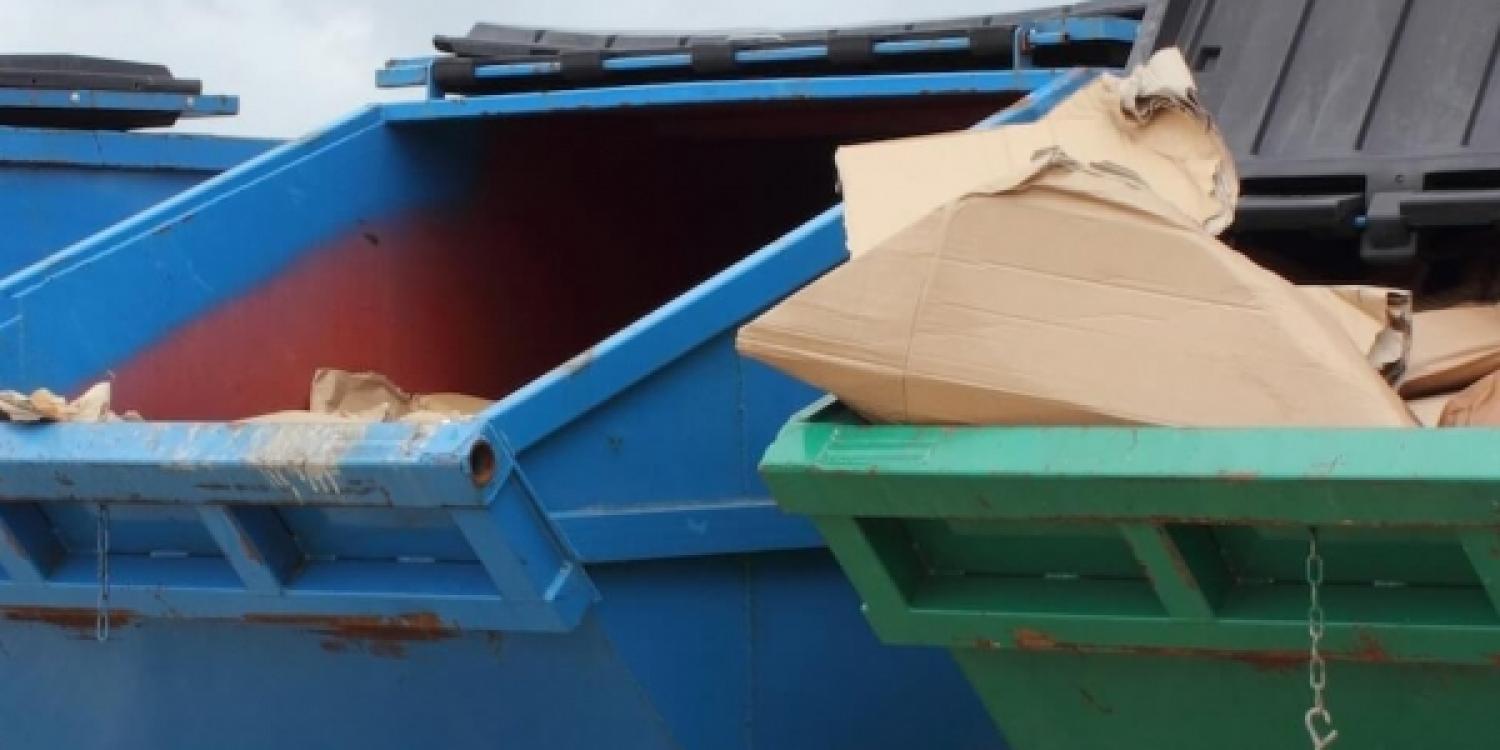Construction site waste management

Information
Construction waste is basically material loss that creates additional cost, and minimising waste generation directly improves the cost-efficiency of the project. Successful construction site waste management is a sum of many factors. This checklist covers many of these different factors:
Set up a waste management plan. Plan in detail how waste management is organised. Plan for each stage of the project, as the waste generated in different stages can vary and the waste management should be adjusted accordingly. Cover also responsibilities, communication, and monitoring practices and risk analysis to recognise potential pitfalls.
Communicate. Create and instal guidelines, signs and information boards on the site, and develop clear and easy instructions for the handling of materials and wastes.
Train the employees. Organise an introduction to every new employee. When you inform them on work safety and practical arrangements on the site, cover also waste management and recycling. Engage them in the recycling rate and material efficiency goals of the project.
Work with subcontractors. Ensure their employees are trained on the material efficiency and waste management policies of the site. Include waste management obligations in the contracts.
Measure and monitor. Cover the recycling rate progress and waste management issues in project follow-up meetings on different levels, from site supervisors to production management. Communicate the results with bulletins and briefs to site employees as well.
Optimise logistics. Place the recycling bins so that it is easier to sort the waste than produce mixed waste. Use a waste press to reduce the need for transport. Take care of proper storage to avoid damaged raw materials. Cooperate with the waste management partner to optimise the collection frequency and find potential stakeholders to utilise the recycled materials.
Develop or employ digital solutions. Technology helps to achieve maximum results in waste reduction. It can be used to provide information on how different factors affect the recycling rate, communicate progress to employees and stakeholders, and optimise material procurement and waste logistics.
Well-organised waste management on a construction site not only improves environmental performance and waste management costs, but it can even improve the total efficiency of the project. Additional income can be generated if materials are reused. Meanwhile, work safety can be significantly improved. Many of the waste management improvement actions are low to medium cost, as much can be done with better planning, communication, and management practices.
Potential cost and material savings depend on current practices and the characteristics of the project. It has been estimated that 13 % of raw materials are discarded unused. With thorough waste management actions, the amount of waste can be reduced by more than by half, and a recycling rate of up to 90 % can be reached.